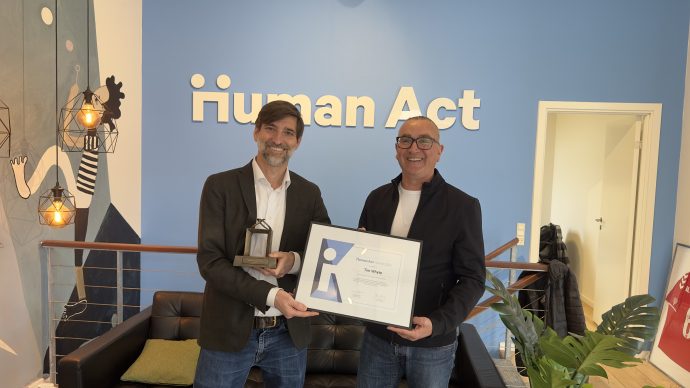Verdenshavene bidrager med milliarder af dollars til den globale økonomi gennem blandt andet fiskeri, søfart, turisme samt olie og gas, men desværre er de truet af overfiskning, forurening og klimaforandringer. Nyt globalt initiativ skal sikre et sundere havmiljø.
16. Februar 2013 (The Global Environment Facility-GEF): Each year the World’s 64 Large Marine Ecosystems (LMEs), located along the coasts of the continents, contribute trillions of dollars to the global economy.
These LMEs are the focus of the vast majority of ocean-related sectoral activities, including fisheries, shipping, tourism, and oil and gas exploitation, Through these sectors, LMEs provide important contributions to global food security, energy supplies, ecosystem services and poverty reduction.
Trusler mod de Marine økosystemer
At present, the world’s LMEs are threatened by overfishing, pollution including nutrients, invasive species, and accelerated warming and acidification (forsuring) due to climate change. Despite a range of mitigating actions, many ocean ecosystems remain in decline.
Without concerted action these impacts could become irreversible (uoprettelig), threatening trillions of dollars in LME goods and services and the livelihoods of millions of people dependent upon healthy LMEs.
Mobilizing for healthier oceans, a coalition of leaders of scientific, governmental, United Nations and financial institutions are convened (samledes) on February 16 in Boston to inform the scientific community, ocean decision makers and the general public of a range of successful partnerships for recovering the health and sustainable development of LMEs around the globe.
Hovedbuskaberne fra konferencen
• The majority of the key challenges facing ocean ecosystems, including nutrient pollution/hypoxia, overfishing, invasive species, surface warming and ocean acidification, are not only worsening but are doing so at an accelerating pace, underscoring the need for urgent action;
• Sound science and socioeconomics, supported by robust ocean data and information systems, are vital inputs to maintaining the trillions in goods and services provided by the earth’s LMEs;
• A suite of ocean strategic planning tools and methodologies have been developed that have proven effective at creating the necessary enabling policy environment that can catalyse billions in financial flows for ocean restoration and protection;
• The level of public financial resources required to scale up proven ocean management planning and policy tools and methodologies are well within the reach of existing and emerging financial mechanisms such as the Global Environment Facility;
Nye udgivelser relateret til emnet:
Catalysing Ocean Finance,Volume I: Transforming Markets to Restore and Protect the Global Ocean. United Nations Development Programme/Global Environment Facility (2012): http://www.undp.org/content/undp/en/home/librarypage/environment-energy/water_governance/ocean_and_coastalareagovernance/catalysing-ocean-finance.html
Catalysing Ocean Finance Volume II: Methodologies and Case Studies. United Nations Development Programme/Global Environment Facility (2012): http://www.undp.org/content/undp/en/home/librarypage/environment-energy/water_governance/ocean_and_coastalareagovernance/catalysing-ocean-finance.html
Læs mere her: http://www.thegef.org/gef/news/recovering-ocean-health














